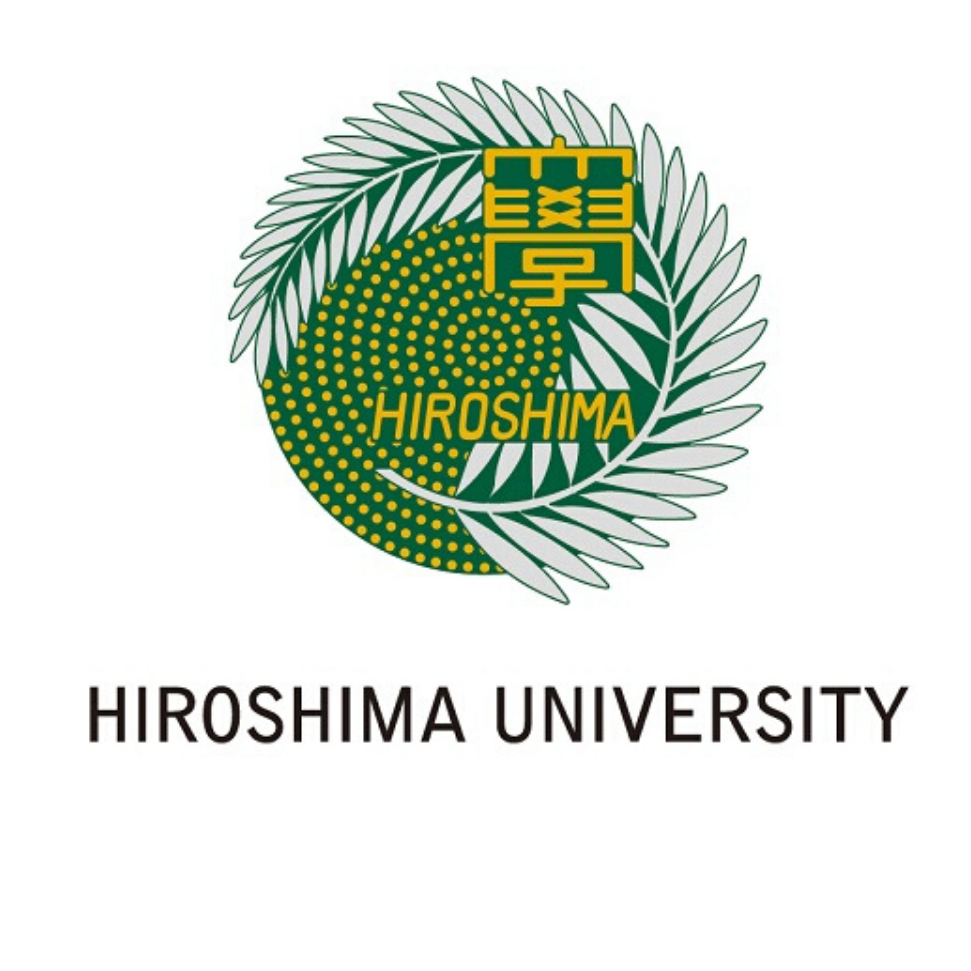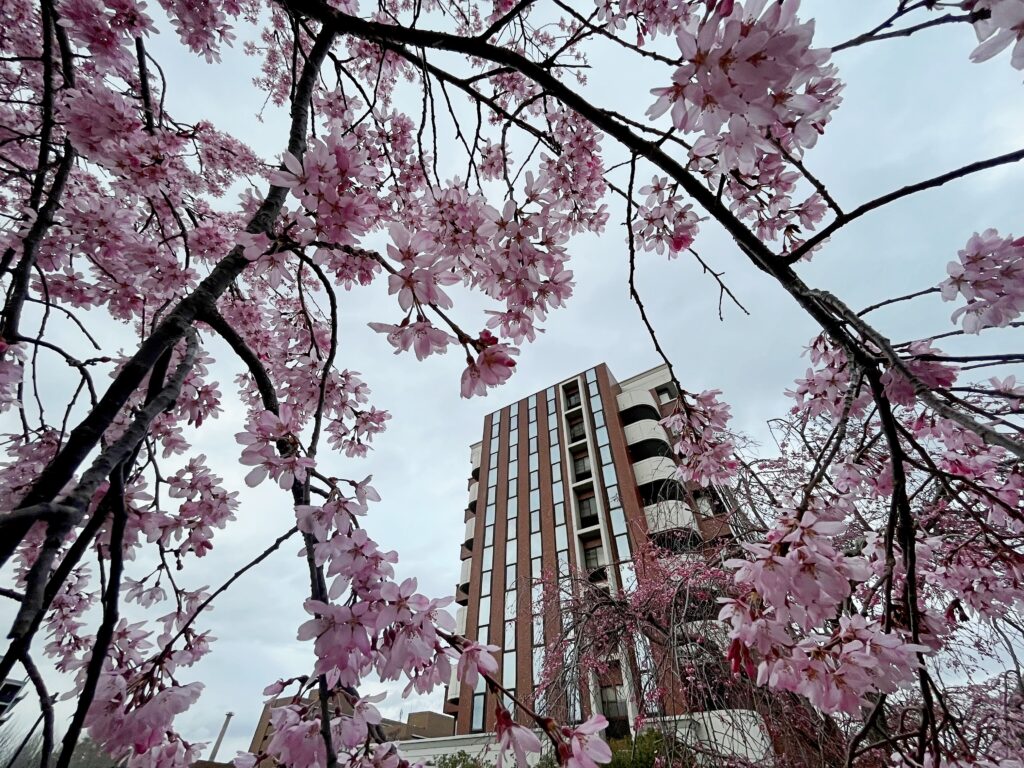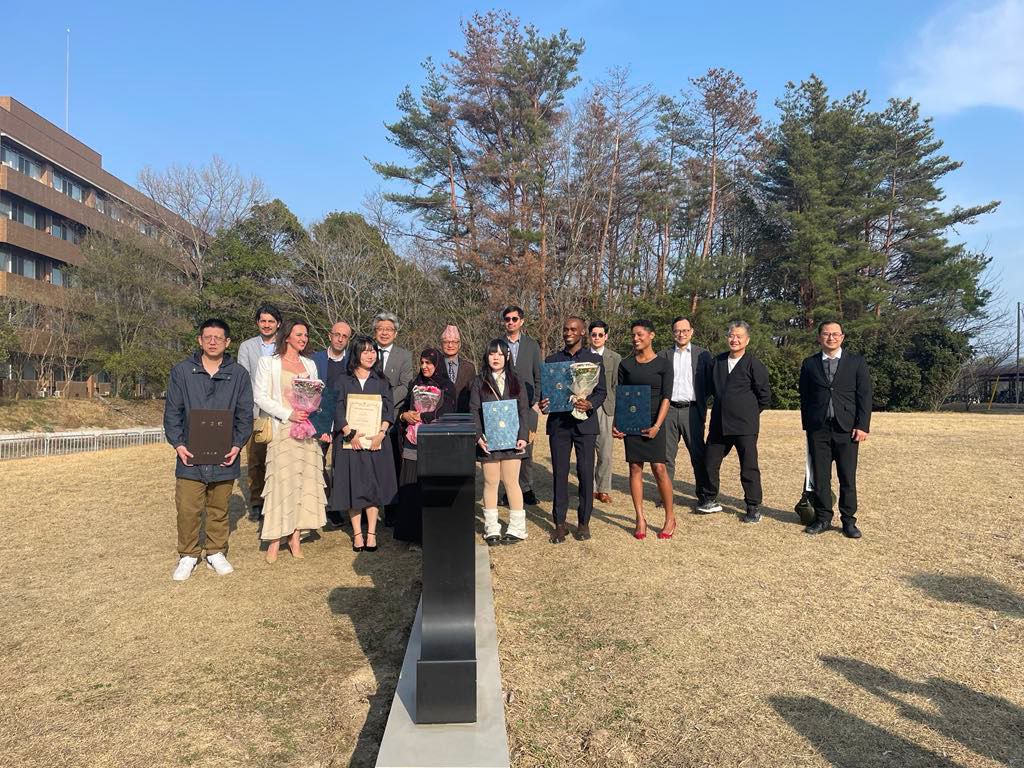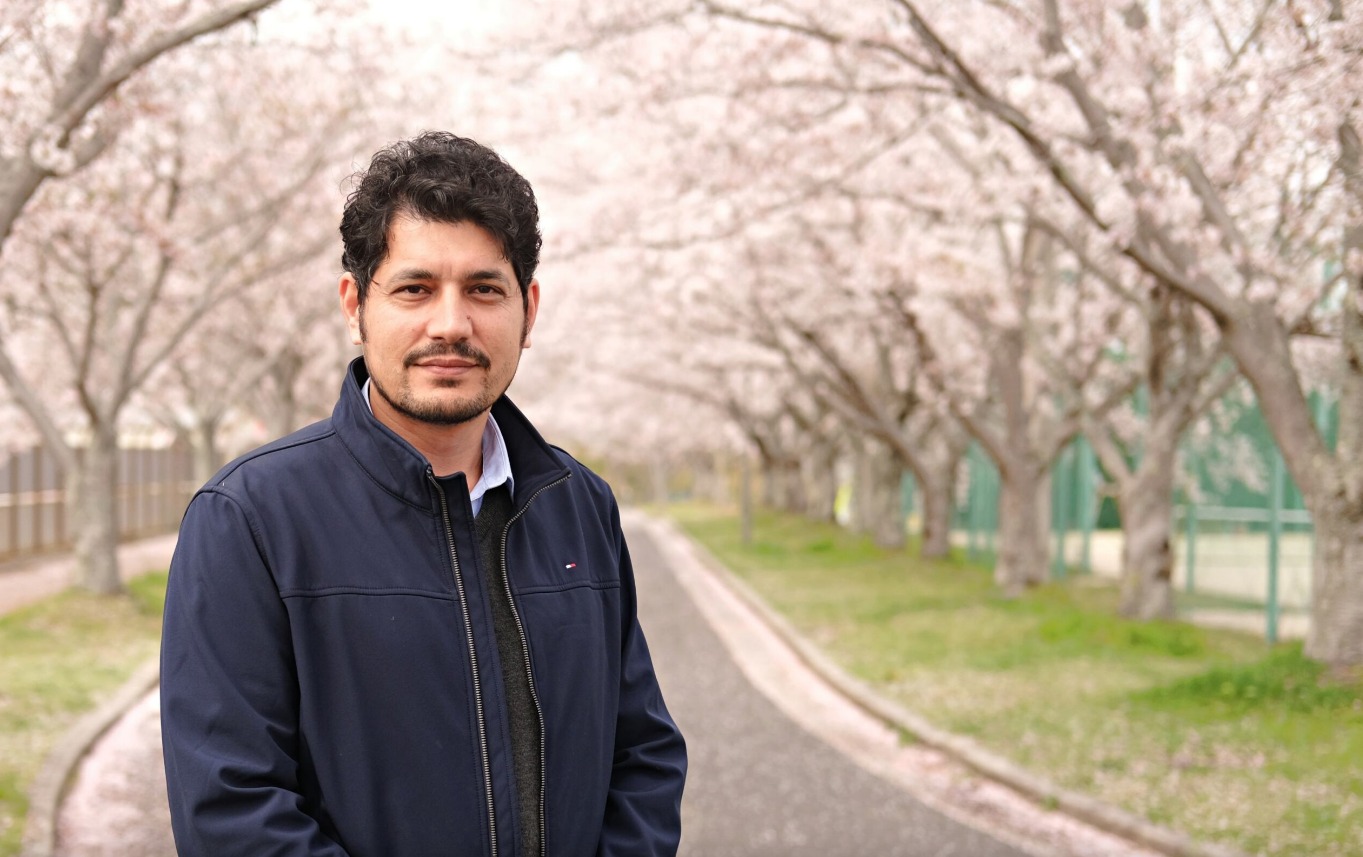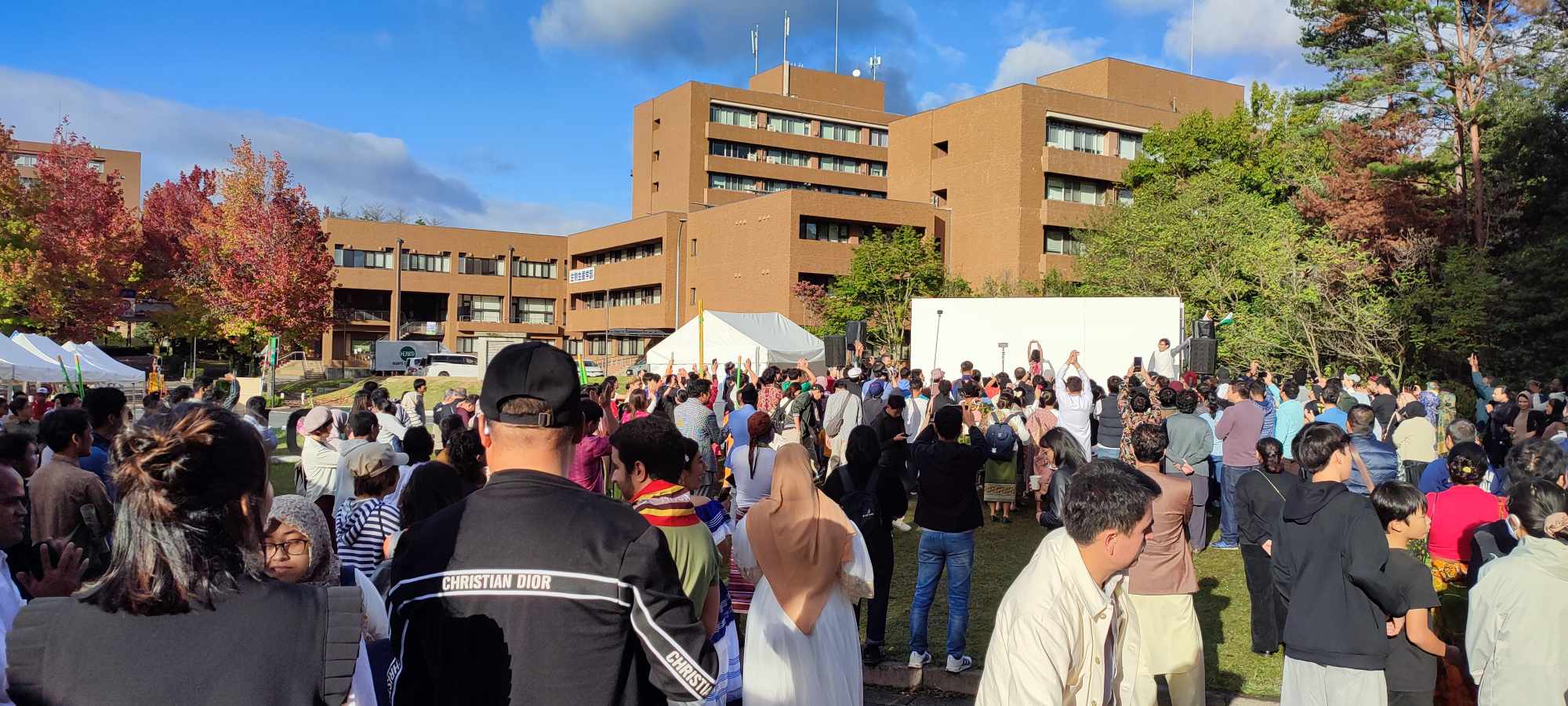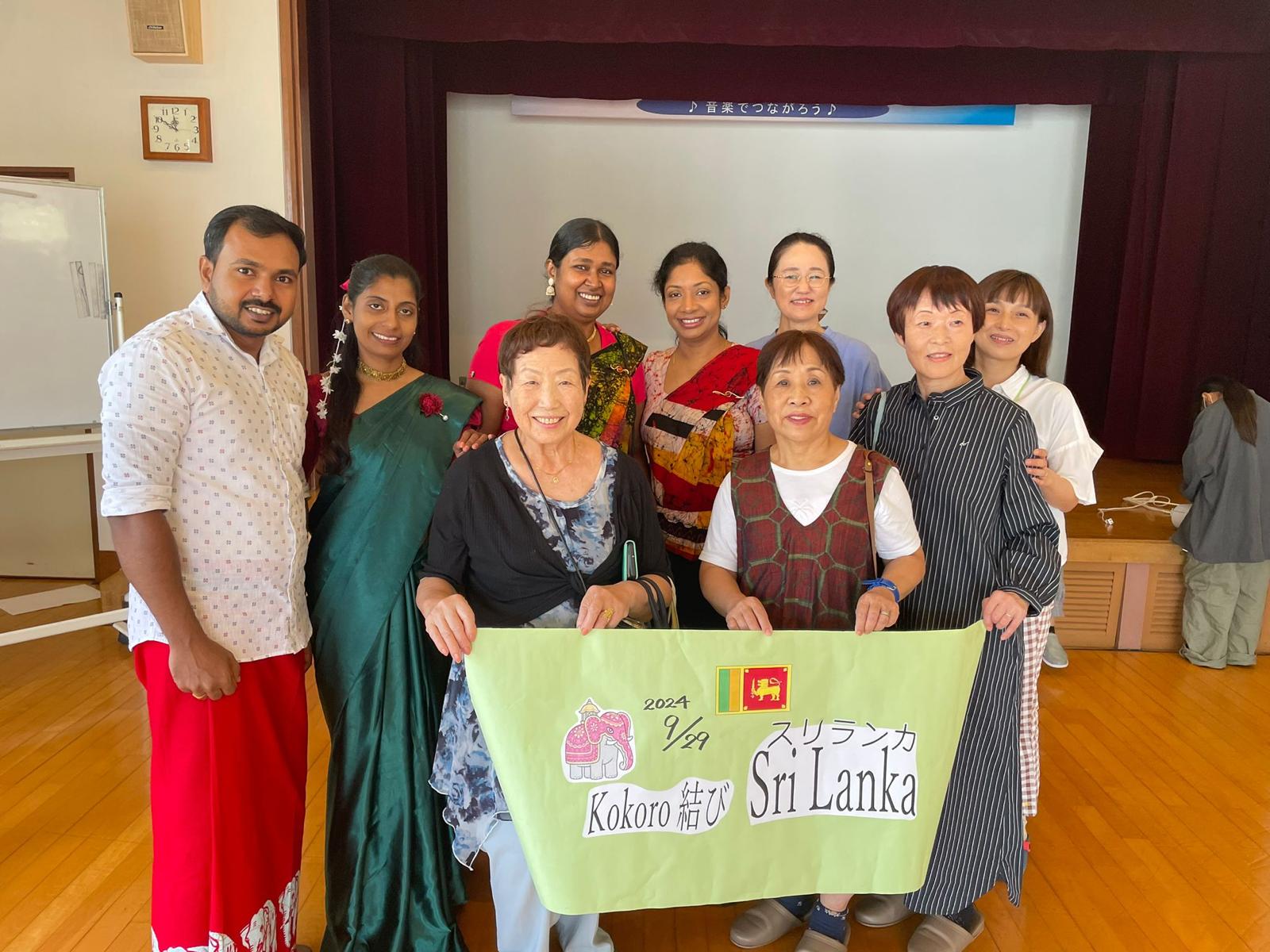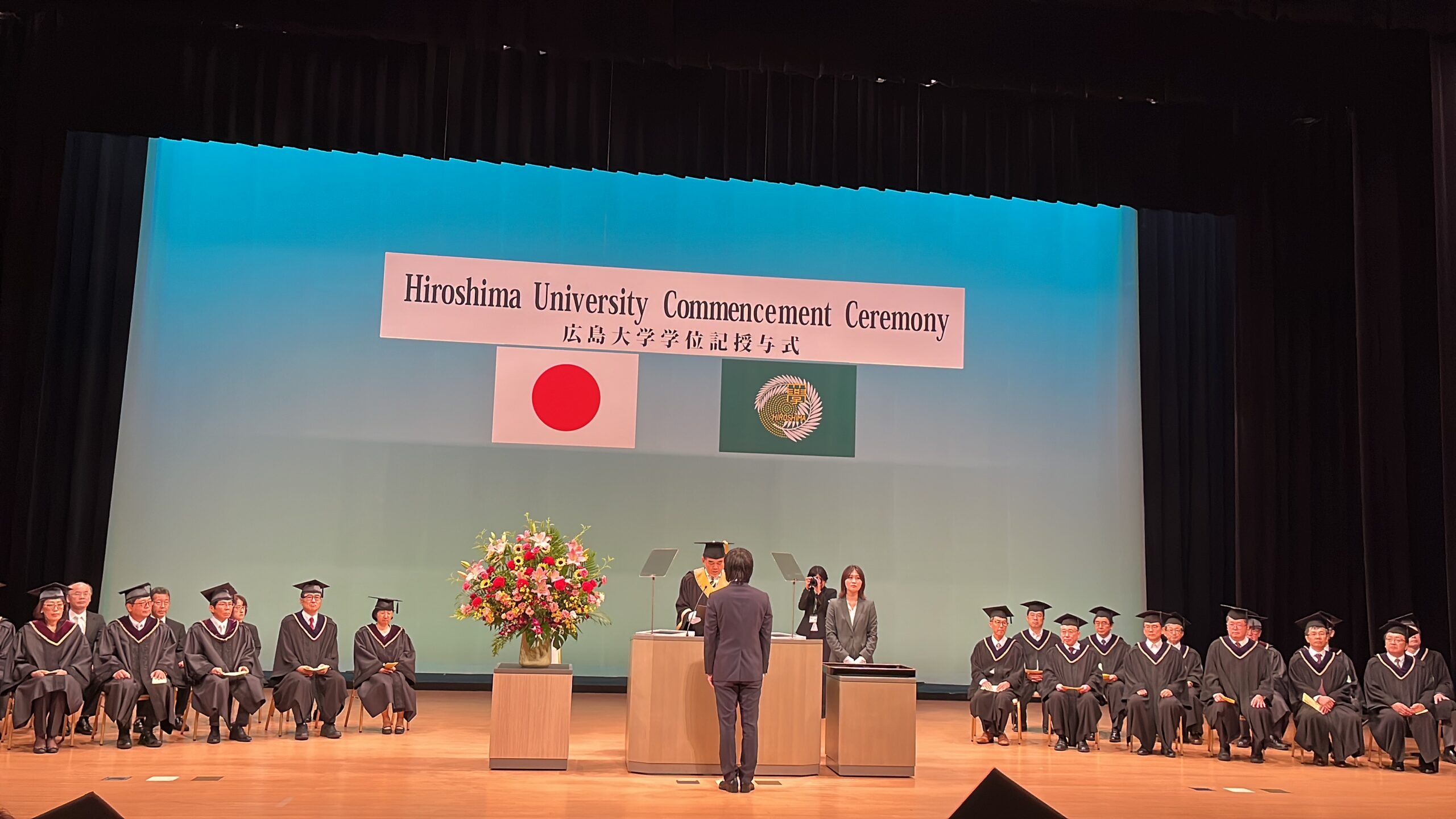By LAMSAL BIKASH, Section Officer, Ministry of Federal Affairs and General Administration, Nepal
JDS scholar/International Economics Development Program, Master of Economics (2022 Autumn Batch)
Living in Saijo, Higashi Hiroshima city as a foreign student with my family has been an incredibly enriching and positive experience. Initially, managing our busy schedules was challenging. My wife works part-time, and I am occupied with my classwork and research. However, we found an excellent solution for our 2 years old daughter by enrolling her in a Japanese nursery school. In Japan, there are two types of nursery schools: local government-authorized and unauthorized private ones. We chose an authorized nursery school, which required us to apply through the city office. The selection is based on available vacancies and the working hours of parents. Authorized schools are free, whereas private ones require a monthly fee, which is reimbursed every three months by the city office, excluding costs for lunch and transportation.


Despite being a non-Japanese child, our daughter is thriving in the Japanese nursery school. She is learning to be independent, mastering tasks such as eating by herself, using the toilet, and dressing herself. The school emphasizes practical skills, outdoor play, and even water play during the summer, which she absolutely loves. The curriculum includes English classes and hands-on activities like using mud and learning how to cultivate and grow food. The early childhood education in Japan is top-notch, and the hygienic school lunches are a great bonus.
Moreover, the healthcare system in Japan is one of the best in the world. All our family members are covered by national health insurance, which covers 70% of healthcare expenses. For children, healthcare is even more affordable, costing only 500¥ per visit to healthcare facilities.
Living in Japan as a foreign student has been a wonderful experience, despite occasional language barriers. The Japanese people are incredibly helpful, always going out of their way to assist us. I highly encourage future aspirants to consider studying in Japan, as it offers a supportive, enriching environment for both academic and family life.

Engaging in extracurricular activities at Hiroshima University has been an extraordinary experience for me. I play futsal twice a week, and occasionally enjoy badminton, cricket, and volleyball. The university provides excellent indoor and outdoor facilities for every sport we wish to play. Playing futsal has not only kept me physically active but also allowed me to make many new friends from around the world, as students from more than 70 countries or regions study here. Sharing the field with such a diverse group has enriched my understanding of different cultures and created lasting friendships. Beyond academics, participating in these sports has been a highlight of my time here, offering a perfect balance between study and recreation.

Admin note: some subsidies may only apply to some categories of foreign students

